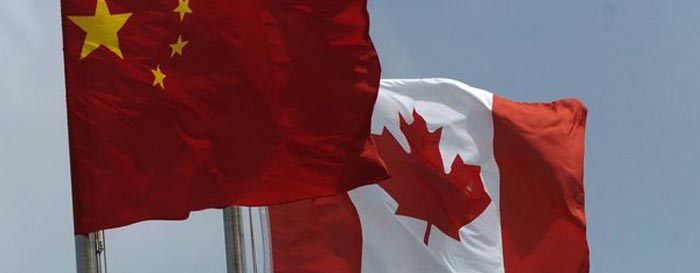
If asked, most Canadians would think senators, despite being unelected and unaccountable, are at least required to meet today’s norms relating to personal business and conflicts-of-interest.
The truth is that senators have long lived in the shadows, sipping their Scotch slowly and avoiding headlines, knowing that murky ethical behaviour fares badly in sunshine. The first committee which members of the upper house established after Confederation was the Senate Banking Committee. Montreal and Toronto senators, board members of the major chartered banks, constituted its membership. Ever since, Canada’s big banks have enjoyed an inside track on government policy and regular revisions to the Bank Act.
Has anyone noticed how the Schedule ‘A’ Canadian banks have been allowed to swallow up our country’s trust companies, then the insurance companies, next financial investment businesses, and even operate their own legal wings dealing with deeds and mortgages rather than independent law firms? Laws against usury do not apply to credit card interest rates of the banks. Few even try to control this juggernaut. The Royal Bank’s profits increased 12 per cent over last year in its fourth quarter, pushing the company’s annual net income to an all-time record of $11.47 billion.
Meanwhile, a number of senators leave office far wealthier than when appointed to our country’s seniormost lawmaking body. Finding they were free to add private sector directorships and various channels of income to their menu, a number formed business connections which, if not directly at odds with the public agenda, at least privately benefiting them in relation to government operations. The “ethics watchdog” for the Senate has been deliberately kept a “lap dog” when it concerns errant ethical behaviour.
Canada’s economic future as a trading nation currently includes halting efforts to negotiate a treaty with China. Should a treaty be signed, its implementation will require legislation enacted by the House of Commons, and the Senate.
Two Conservative senators, one with close connections to Beijing, incorporated a business to deal with China. Senator Victor Oh said he he’d not carried on any “personal business” in Canada or China since 2013 when joining the senate. However, this past April he incorporated, along with Senator David Wells, a St. John’s-based private consulting company called Signal Hill Management. Their business partners in the venture include Frank Xiaofeng Huang, who previously worked for Beijing’s state-owned China Development Bank.
On December 15, 2017, the Globe and Mail reported all this – a further instalment in our running 150-year saga of senators being active as commercial and economic players. After all, being a senator in Canada is not a full-time job, leaving the two senators operating Signal Hill Management plenty of time to attract investment from China to Newfoundland and Labrador. For more details, I recommend you read the story about this private consulting business by investigative reporters Robert Fife and Steven Chase.
